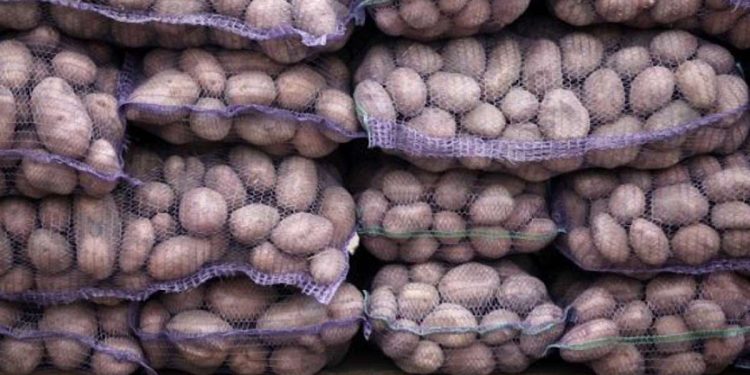sustainable agriculture, packaging regulations, European Produce Associations, biodegradable packaging, circular economy, environmental impact
The article highlights the recent call made by European Produce Associations for the revision of packaging regulations to support sustainable agriculture. It discusses the current packaging practices in agriculture and the need for sustainable packaging solutions to minimize waste and reduce the environmental impact of agriculture.
According to a recent report by the United Nations, agriculture accounts for around 25% of global greenhouse gas emissions. One significant contributor to this is the packaging used in agriculture, which often ends up in landfills or contributes to plastic pollution. The European Produce Associations have therefore called for revised packaging regulations that promote sustainability, reduce waste, and increase recycling.
To support this initiative, the associations have suggested using biodegradable, compostable, or recyclable packaging materials that are also cost-effective. These materials will not only reduce waste but also promote the circular economy, where resources are reused and recycled, reducing the need for new materials.
Several packaging companies have already started developing sustainable packaging solutions for agriculture, such as biodegradable bags made from plant-based materials, reusable containers, and paper-based packaging solutions. These innovations show that it is possible to minimize the environmental impact of packaging in agriculture while still maintaining the quality and freshness of produce.
The call by European Produce Associations for revised packaging regulations is a step towards sustainable agriculture. By using biodegradable, compostable, or recyclable packaging materials, farmers and agricultural companies can minimize waste, reduce greenhouse gas emissions, and promote the circular economy. It is crucial for all stakeholders in agriculture to adopt sustainable packaging practices to ensure a healthier planet for future generations.







